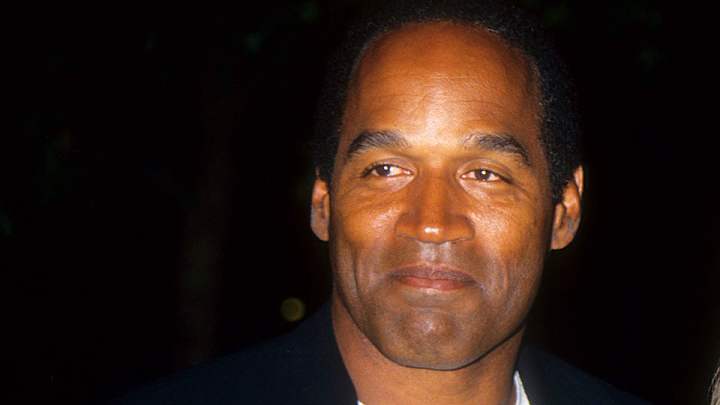Domestic abuse a key part of eye-opening Part 2 of O.J. documentary

Your teams. Your favorite writers. Wherever you want them. Personalize SI with our new App. Install on iOS or Android.
O.J.: Made in America continued Tuesday night, with a second installment that was equal parts riveting and shocking. Part 2 of the documentary covered O.J. Simpson’s spousal abuse, his deteriorating relationship with Nicole Brown and the racial tensions in Los Angeles in the wake of the Rodney King beating and Latasha Harlins murder.
Tuesday’s episode was impactful, infuriating and eye-opening. Here are some takeaways in an attempt to unpack what we just watched. (For takeaways from part one, head over here.)
1. It’s hard to pick one place to begin after Part 2, but let’s start at the very end. The 911 call Nicole Brown makes in October 1993 as O.J. is yelling at her was frightening. It’s obvious Simpson was a serial abuser, and he treated Brown like an object. Simpson slept with other women when he wanted to, then went ballistic when Brown spent time with other men. The stories about the two of them are jaw-dropping. He watched her and someone else spend a night together? The man was unhinged. How was O.J. repeatedly allowed to get so close to Brown? I’d like to think this has improved since 1993, but Part 2 of this documentary is a sobering reminder of how our society collectively fails victims of domestic abuse—and that many people failed Nicole Brown. How else can we explain O.J.’s sentence for beating Brown in 1989: 20 hours of community service, which he fulfilled with a celebrity golf tournament.
Analyzing the O.J. Simpson trial before ESPN 30 for 30
2. Let’s not forget the incredibly tone-deaf ESPN interview conducted by Roy Firestone after Simpson had pleaded no contest to spousal battery charges. Firestone couldn’t believe Simpson had the reputation of a “wife beater,” and only asked about how things could get “distorted” so much that Simpson was “portrayed as the bad guy.” People were falling over to forgive Simpson. That’s something that still happens all too often today when someone society likes does something heinous.
3. How many people wanted to throw their TV out the window when former L.A.P.D. detective Mark Fuhrman said Rodney King wouldn’t have been viciously beaten if police could have still used the chokehold? (Fuhrman, by the way, is now a frequent guest on Fox News.) It was hard to watch the footage of the King riots and the anger in the black community after the trials of King’s assailants and Harlins’s killer and not wonder if history has only been repeating itself nearly 25 years later. (By the way, for more on the L.A.P.D’s Operation Hammer, check out this LA Times article from 15 years ago.)
4. Fuhrman was far from the only one making head-shaking comments in Part 2. O.J. seemed to have some pretty awful friends. The same ones who loved using his celebrity to their advantage in the 90’s also freely disparaged him at their own convenience. At the height of his fame, Simpson was nothing more than a token for a group of rich, white elites. They moved on from him pretty quickly. (The guy with the ascot tie was particularly awful.)
Inside O.J.: Made In America, ESPN’s best-ever 30 for 30 film
5. O.J.’s ability to leverage his athletic career into successful business and Hollywood exploits was, in a way, impressive. That’s obviously in no way meant to brush over his horrible actions, but Simpson was successful at finding other avenues for fame. Of course, he did so in large part by alienating the black community.
6. A quick personal note: I first learned about O.J. by watching The Naked Gun series, which was referenced early in Part 2. I’ll never forget my dad telling me that Simpson, who played the bumbling Nordberg, was in fact a legendary football player who had (uh, allegedly) murdered someone.

Rohan Nadkarni covers the NBA for SI.com. The Mumbai native and resident fashion critic has written for GQ.com, Miami Herald and Deadspin.